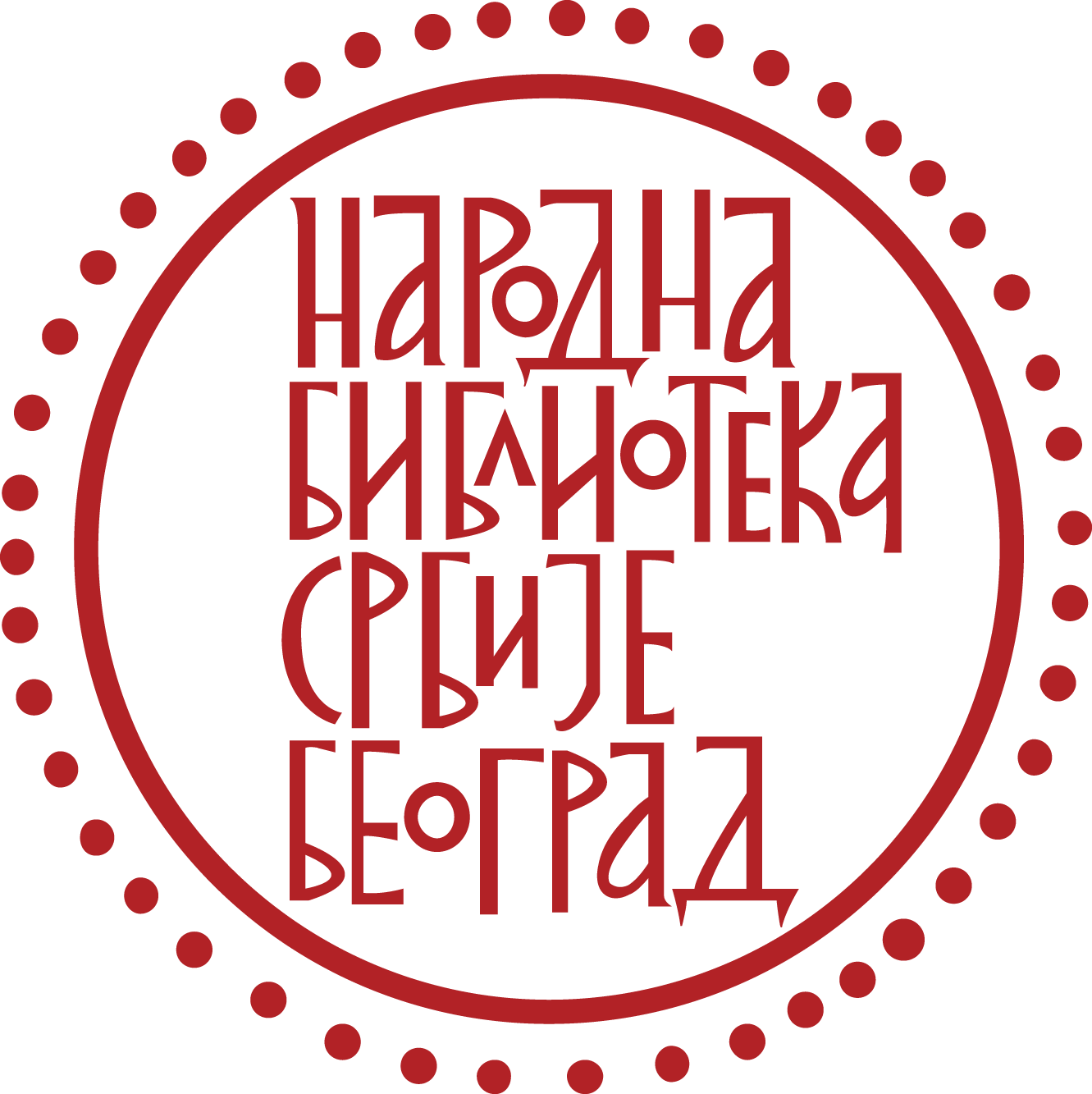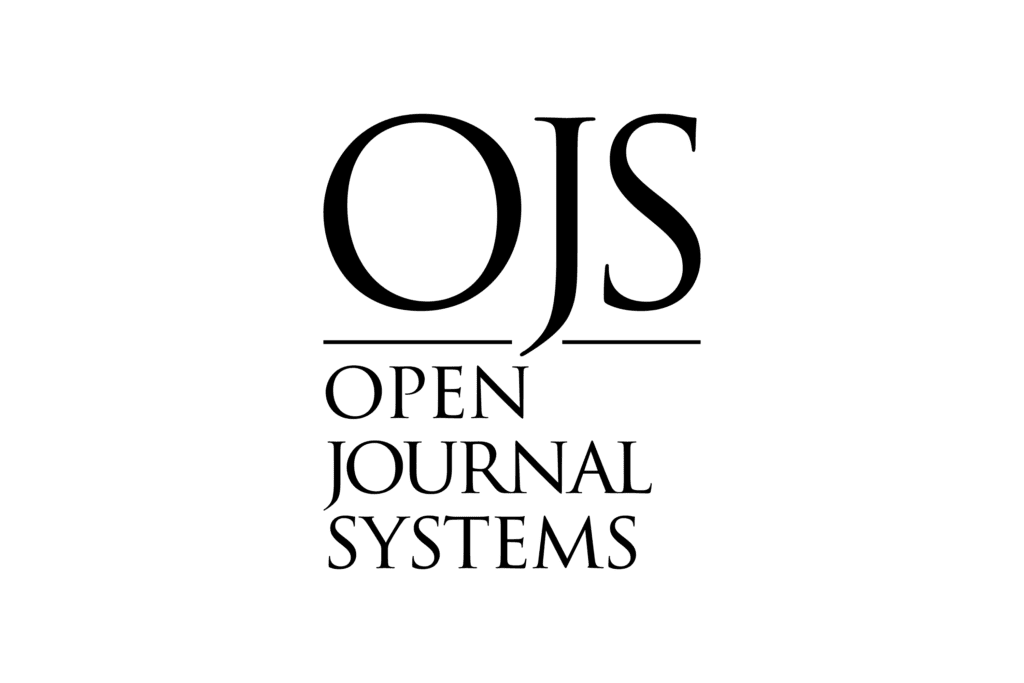Joan Didion’s The Year of Magical Thinking: Claiming Authority over the Thematization of a Beloved Man’s Death
DOI:
https://doi.org/10.18485/knjiz.2024.14.14.3Keywords:
Joan Didion, mourning, gender, autobiography, intertextualityAbstract
This paper aims to analyze Joan Didion’s autobiography The Year of Magical Thinking (2005) by considering it as a pioneering effort to assert authority over the representation of female experiences of mourning for a beloved man. Historically, female mourning has often been relegated to unofficial cultural domains or has been depicted through the lens of male authors. Particularly marginalized in this context is the theme of losing a beloved man, whereas, conversely, the death of a beloved woman is one of the more prominent themes in Western literature. The reasons for this primarily lie in the differing perceptions of expressing states of mourning and melancholy depending on gender roles. Therefore, the first part of the paper will highlight the issue of the varying valuation of transposing loss into artistic expression based on whether the authorship is male or female. Starting from Freud’s text “Mourning and Melancholia,” this paper explores feminist post-structuralist readings of his work and then examines Juliana Schiesari’s contributions, which expand the psychoanalytic viewpoint by investigating the broader social and discursive contexts that have shaped our understanding of artistic representations of mourning and melancholy. The second part will focus on the consequences of this difference in Didion’s work, examining how the reception of her genre and narrative choices, as well as the intertextual links within her work, have been influenced by this gendered dynamic. The scholarly reception we have discussed raises questions about the reliability of the female narrative voice and the effectiveness of transposing emotional states into literary text. On the other hand, her autobiography exposes the lack of a female literary tradition and thus problematizes the position of a woman as an author. The references she uses are part of the male literary tradition. Also, there is a complex relationship between her text and her husband’s work that complicates her attempts to establish a distinct, independent voice. The paper interprets the autobiography The Year of Magical Thinking as a work still searching for its place within a literary tradition, characterized by anxiety of authorship particularly in the context of thematizing death of a beloved man, while Joan Didion is considered to be foremother whose work has paved the way for those who have came after her.











